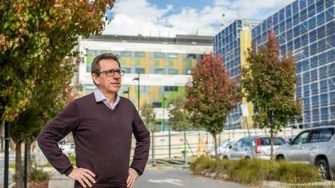Wagga Wagga health precinct looks to revolutionise rural health care
Awarded $1 million by the state government, precinct collaborators take next steps to plan the integration of training, research and clinical care around the city’s two major hospitals as part of a 30-year vision for the region.

